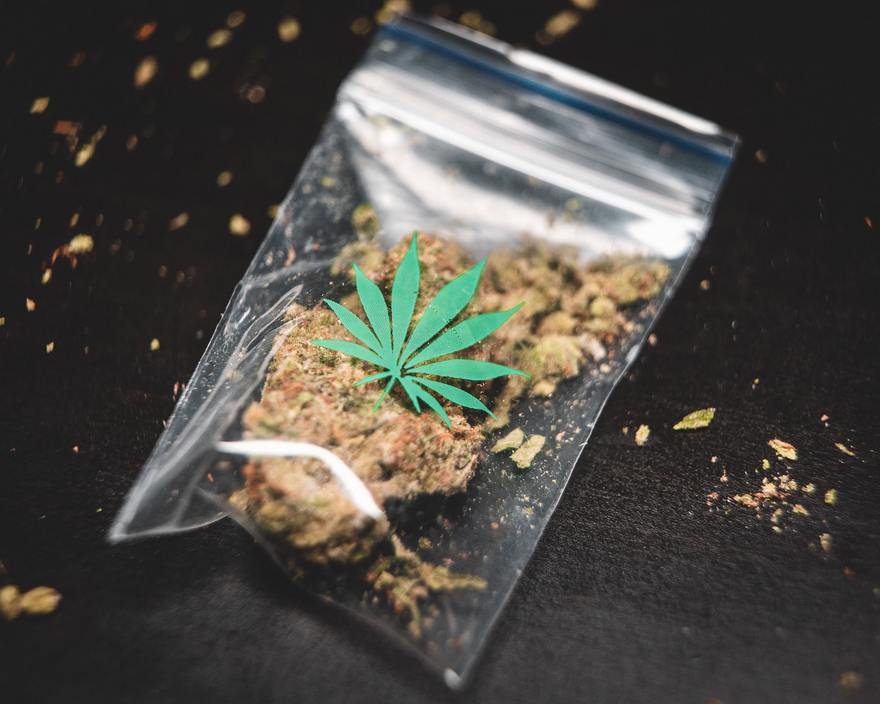
How a Drug Attorney in Minnesota Can Help You
Being arrested for drug crimes in Minnesota can land you in a difficult spot.
If you’re convicted, you could face hefty fines, extensive prison time, and other penalties including forfeiture of vehicles, cash, or other personal property.
Plus, the lasting effect of a public drug crime conviction are consequences that could affect your life long after you’ve served your sentence.
The best way to avoid these implications is to mount a solid strategy to defend your interests, which starts with retaining a drug attorney in MN who focuses on these types of cases.
Criminal Defense Attorney & Workers Compensation Law Offices of Arechigo & Stokka have successfully helped a number of clients facing serious drug charges avoid severe penalties.
Drug Attorney in MN Handling Drug & Narcotic Charges in Minnesota and North Dakota
Were you recently caught and charged with a drug crime? Tell us about some of the brief details in the free and confidential form below.
Our drug crime lawyers have kept clients out of prison & have successfully fought to recover clients’ vehicles & cash.
You should always remember how criminal cases work: you’re innocent until proven guilty beyond a reasonable doubt, and there are defenses to drug charges.
We can explore legal options after reviewing the details of your case, so please contact our St. Paul, MN office to schedule a free consultation with an experienced Minnesota drug attorney.
You can also read on for some important information about these criminal proceedings.
St. Paul, Minnesota Criminal Defense Attorney; John Arechigo
John Arechigo was recognized by Minnesota Lawyer as the 2019 Attorney of the Year and has experience dealing with the following types of drug charges:
- Cocaine possession charges,
- Crack Cocaine possession,
- Ecstasy charges,
- Heroin,
- Marijuana,
- Possession of Vicodin,
- Methamphetamine,
- Oxycodone, and
- Valium.
Felony Drug Charges Dismissed
Felony Drug Possession Charges Dismissed After Defense Demanded Identity of Confidential Informant and Moved to Suppress Evidence Found During Unlawful Search Warrant
THE FACTS: Client was charged in felony drug possession in Cass County, North Dakota. Attorney John Arechigo represents a select number of clients in North Dakota. This particular client lived in Fargo, North Dakota and was facing felony drug charges in Clay County (Moorhead), Minnesoa and Cass County (Fargo), North Dakota. Client’s charges stemmed from information purportedly provided to law enforcement by a confidential informant. The informant had recently been arrested on separate drug charges. Fargo police obtained a search warrant for client’s residence based on information provided by the informant.
THE DEFENSE: Defense lawyer John Arechigo demanded the state produce the identity of the informant. The state refused. The state typically refuses to provide the identity of an informant because most informants have questionable backgrounds or motivation for providing information. They’re typically looking out for themselves or are trying to gain a reduction on their own sentence. The state knows it will likely make their case weaker if they turn over the identity of the informant because a skilled defense lawyer will be able to exploit the credibility of the informant. That was the case here, the state refused to disclose the identity of the informant. Attorney John Arechigo filed a motion to compel disclosure. The Judge granted the motion and ordered the state to turn over the informant’s identity. The defense also filed several motions to suppress the evidence found, challenging the search warrant on several constitutional grounds. The state dismissed all charges two days before the suppression hearing.
THE RESULT: Client’s felony drug charges were dismissed.

